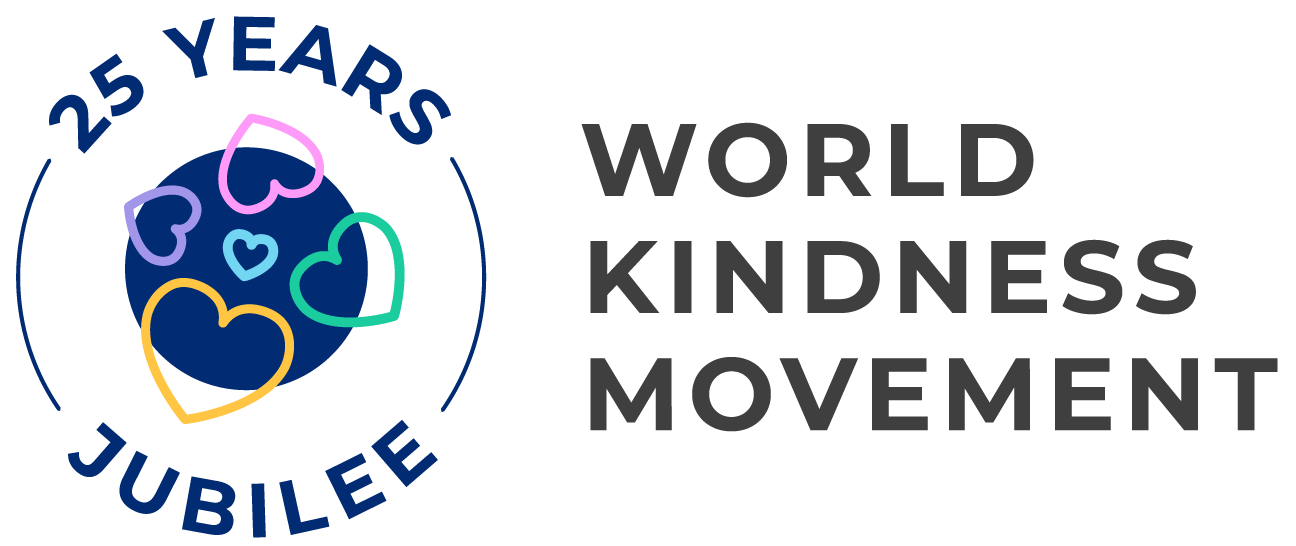ABC Life
Performative kindness
Every now and again, something pointedly real smashes through our mindless newsfeed scrolling.
Maybe someone posts about losing their job, or someone’s loved one has died — it could be anything. What cuts through is that you feel like you have to respond. You can’t just passively consume this person’s pain. What do you write?
What I learned from a week of ‘radical kindness’
Photograph of writer Lorin Clarke, posing for the camera in front of an ivy-covered brick wall.
We all want to be kinder, but what really is kindness? Lorin Clarke set herself a challenge to find out.
My old faithful used to be something like this: “I’m so sorry, I hope you’re doing OK. Please let me know if there’s anything you need.”
Job done, sympathies extended, I was free to keep scrolling — in full knowledge I would never be the person they needed. And even if they had nobody else to turn to, a half-assed, public social media message would never genuinely make someone feel they could rely on me.
This isn’t kindness: it’s a big load of performative, insincere nothing. At its best, it’s a well-intended but clumsy attempt to express care and concern for someone. But it’s a bad way of going about it.
We express an offer of support we don’t mean and have no intention of following up on, clear our conscience, get all the social kudos of offering public support without any of the costs that support might actually require.
All we’ve managed to do is prop up our own image in the eyes of ourselves and of the people around us.
Manipulative kindness
Have you ever had that uncomfortable feeling when someone is treating you with an unusual level of kindness?
The hairs on the back of your neck stand up a little bit, you’re a little bit slower to respond with thanks to whatever they’re doing, and you can’t shake that thought in the back of your head: “What do you really want?”
Most of us can think of times we’ve tried to turn on the charm at the check-in desk, expecting our transparently manipulative kindness to score us an upgrade to business class. I can only imagine what the staff think when they see yet another person pander up, asking how their day is going, wondering curiously whether it’s a full flight… it must be so predictable.
Sales and Crabb’s kindness heroes
Two women smile in front of a yellow background
Leigh Sales and Annabel Crabb highlight times when people have gone out of their way to make someone else’s day, as the ABC launches its #KindnessHero campaign.
But there’s the rub. The more these people are exposed to this false kindness, the less likely they are to believe that anyone is genuinely interested in how their day is going.
Even authentic interactions will be viewed with suspicion. Suddenly that nice, friendly conversation that lifts your spirits halfway through a workday is tainted with suspicion.
Oversweetness
Have you ever had someone who wanted so much to show you that they like you, that they care, that they’re a good person, that they just suffocate you? Maybe they compliment everything you do, or laugh at everything you say.
It’s that saccharine kindness that feels like undiluted cordial. People can have the best of intentions — genuinely wanting to make the people around them feel good. But what happens in effect is that people don’t feel like they’re permitted to be themselves. They can’t just have a shitty day without having someone nagging at them, trying to cheer them up.
This form of kindness understands the object of kindness should be other people, but misunderstands the goal of kindness. It’s not to make people feel great all the time; it’s to make people feel validated, seen and respected.

